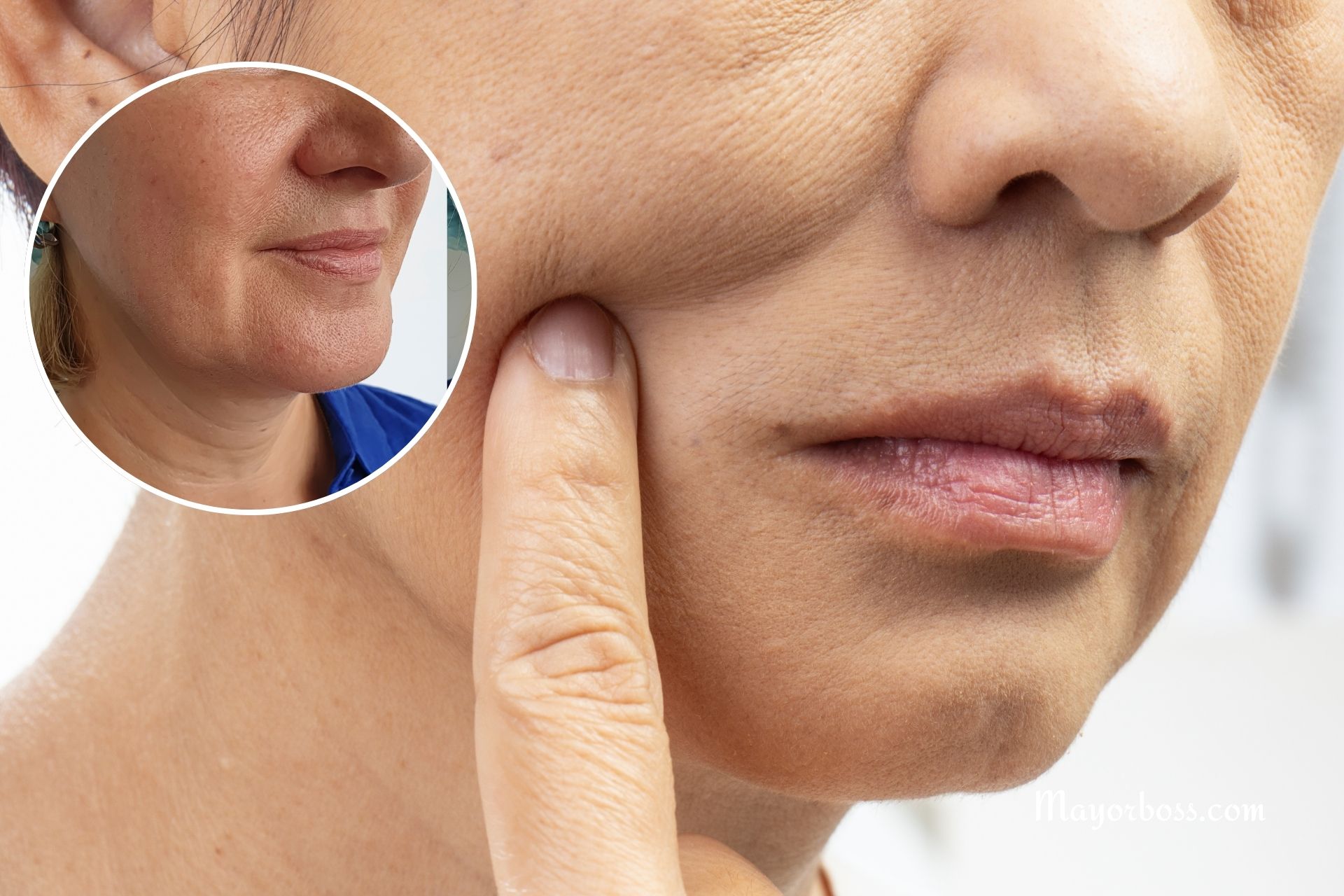A Symptom of Vitamin B12 Deficiency That Shows Up in Your Toes
Vitamin B12 is very important for your body. It helps make red blood cells, keeps your nerves working, and helps your body make DNA. When you don’t have enough B12, it can cause problems in many areas, including your toes. One common symptom is numbness or tingling in your toes, which might feel like “pins and needles.

How Vitamin B12 Deficiency Affects Your Toes
Vitamin B12 is needed to keep your nerves healthy. It helps make myelin, which is like a protective covering for your nerves. Without enough B12, this covering can get damaged, making it harder for your nerves to send signals. The nerves in your toes are far from your spinal cord, so they are often affected first. This can cause numbness, tingling, or even burning sensations in your toes.
Signs of Nerve Damage From Low Vitamin B12
When low B12 causes nerve damage, it’s called peripheral neuropathy. Some of the common symptoms in your toes include:
- Tingling or pins and needles: A prickly feeling that can be annoying or uncomfortable.
- Numbness: You might lose feeling in your toes and not notice touch or temperature changes.
- Burning or stabbing pain: Some people feel sharp or burning pain that makes daily activities harder.
- Weak muscles: In severe cases, your toes or feet might feel weak, making it hard to walk.
Who Is More Likely to Get a Vitamin B12 Deficiency?
Some groups of people are more at risk of low B12 levels, which can lead to symptoms in their toes. These groups include:
- Older adults: As you age, your body doesn’t absorb B12 as well.
- Vegans and vegetarians: Since B12 comes mainly from animal foods, plant-based diets can lead to low levels.
- People with stomach or gut problems: Issues like Crohn’s disease or celiac disease can make it hard for your body to absorb B12.
- People taking certain medicines: Long-term use of medications like proton pump inhibitors or metformin can lower B12 levels.
How Doctors Diagnose and Treat Low B12
If you feel numbness, tingling, or other odd feelings in your toes, talk to your doctor. To check for a B12 deficiency, your doctor might:
- Do blood tests: These tests measure your B12 levels and check for other health issues.
- Check your nerves: A neurological exam can help find out how much nerve damage you have.
Treatment can include:
- Eating more B12-rich foods: Foods like meat, fish, eggs, and dairy are high in B12.
- Taking supplements: B12 pills, under-the-tongue tablets, or injections can help boost your levels.
- Fixing other problems: Your doctor may treat stomach or gut issues or adjust medicines that lower B12.
Stopping Long-Term Problems From Low B12
It’s important to treat low B12 early. If not, nerve damage can get worse and become permanent. You might have trouble walking, lose your balance, or even have memory problems. Pay attention to symptoms like numbness or tingling in your toes so you can act fast.
Conclusion
Tingling or numbness in your toes might be a sign of low Vitamin B12. Getting the right tests and treatments early can prevent serious problems. If you think you might have a B12 deficiency, talk to your doctor about checking your levels. Keeping your B12 at healthy levels helps your nerves stay strong and your body stay healthy.






